
INSECT INSIGHT
WESTERN CANADA
You need to be ready to protect your crops against yield-robbing insects from seeding right through to harvest. Read the latest research and plug into the best tools to protect your crops from yield-robbing insects in Western Canada, all while keeping beneficials working for you.
Every year is different, but one thing is increasingly clear: Whether it’s hot or cold, dry or wet, there’s an insect that will take advantage of the weather conditions to feast on your crop.
You need two things: Knowledge and the right tools to control pests. This is the place we introduce you to the latest research to help you keep one step ahead of existing pests and emerging problem insects. You’ll also find the latest information on FMC insecticides.
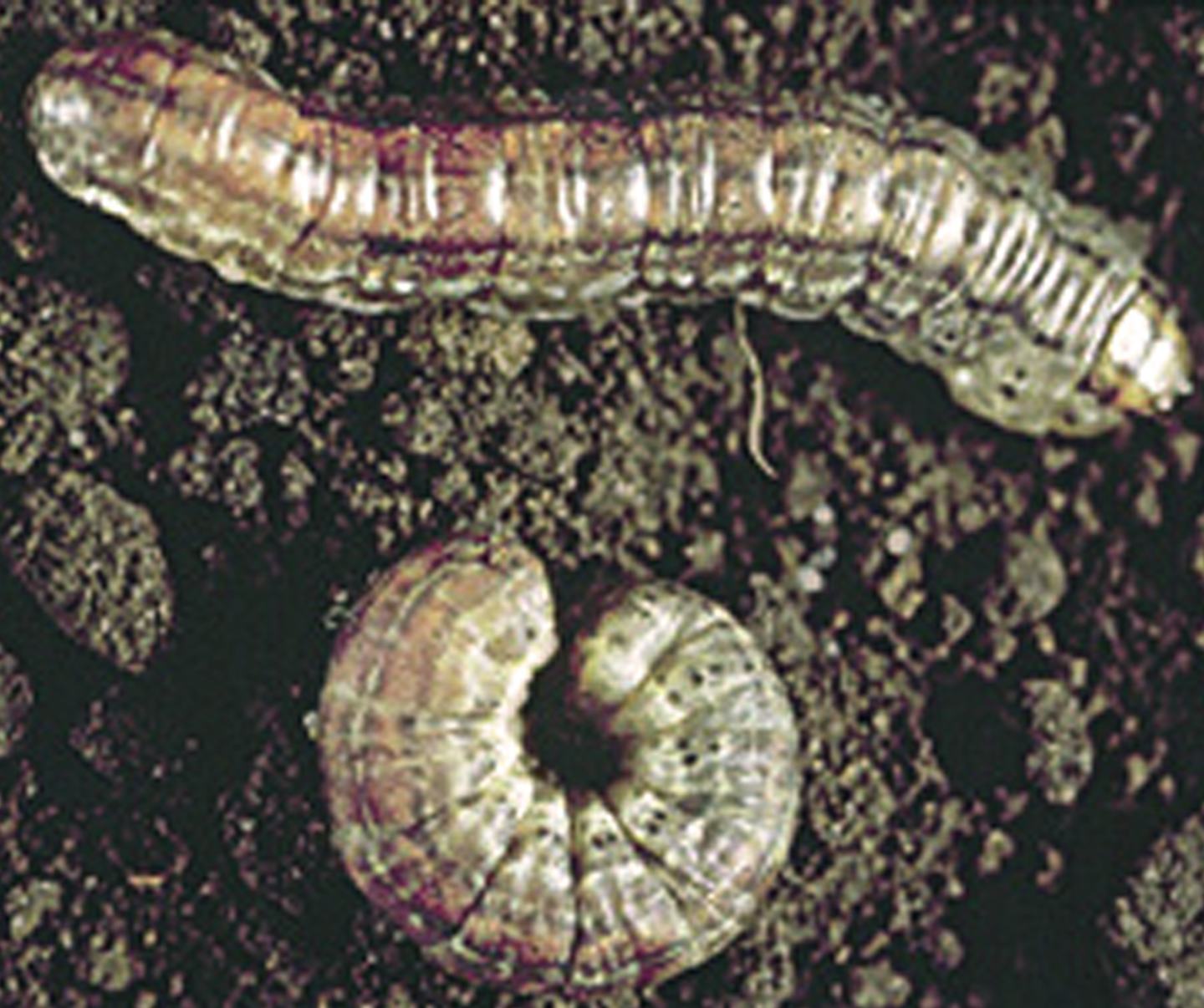
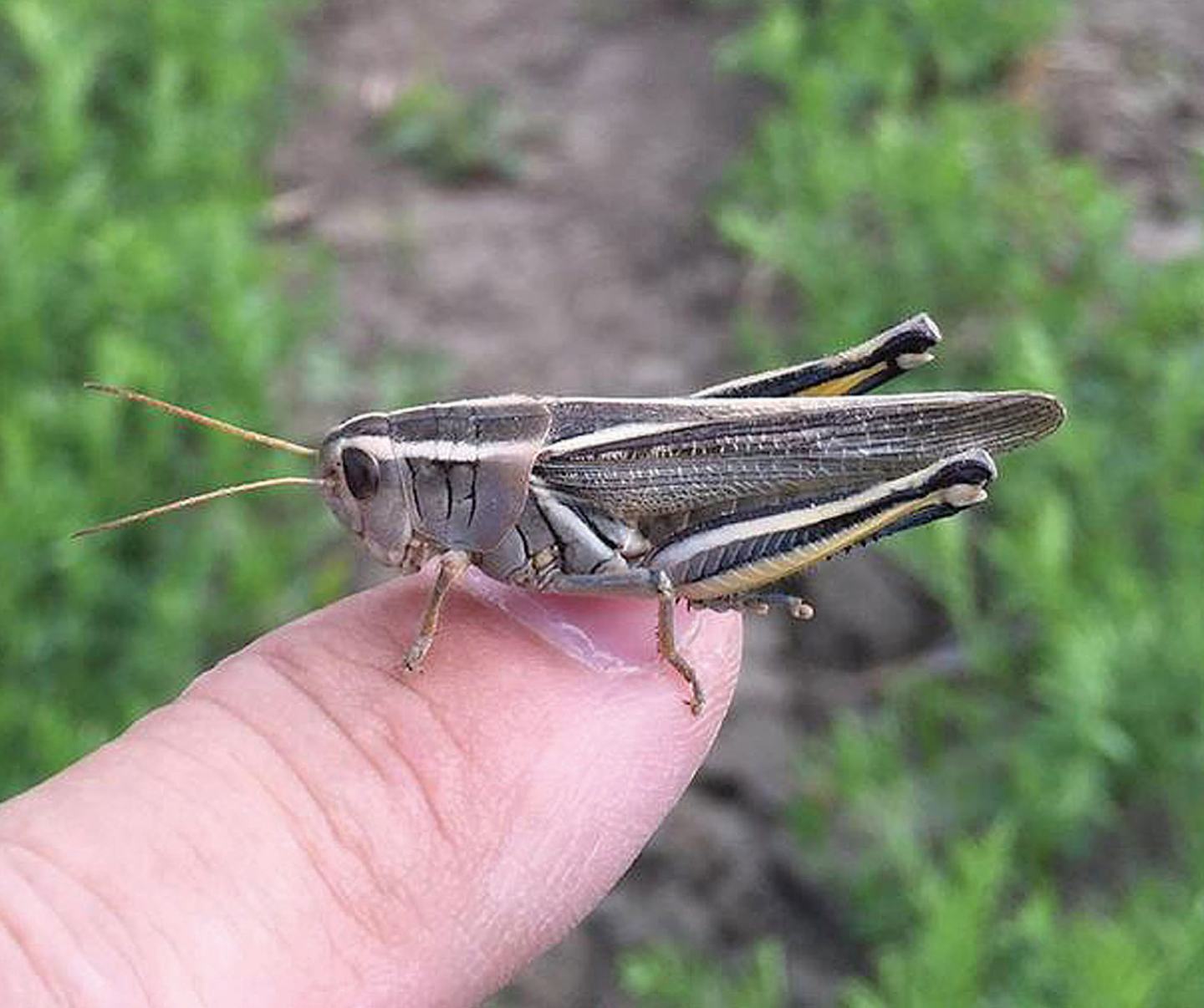
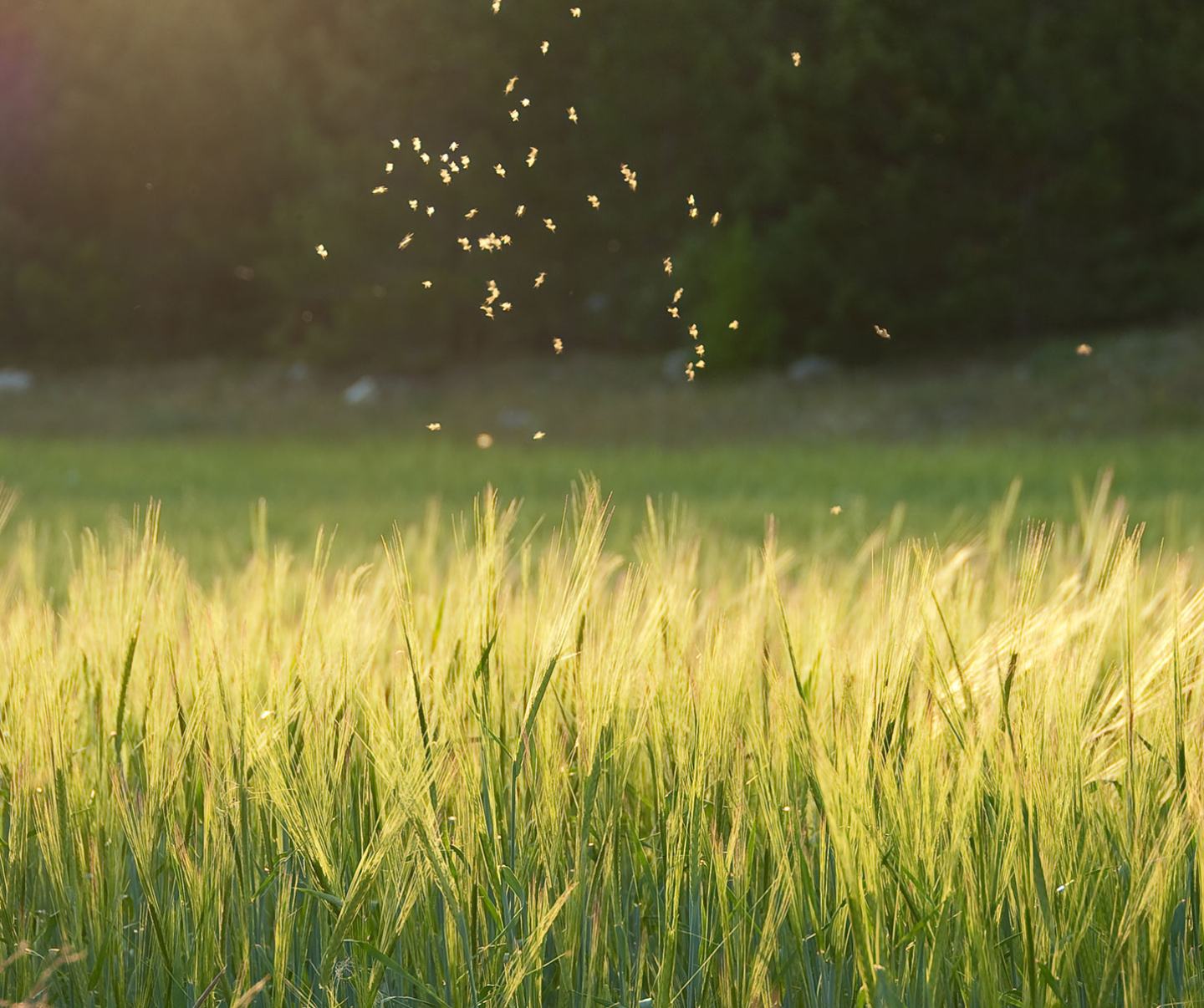
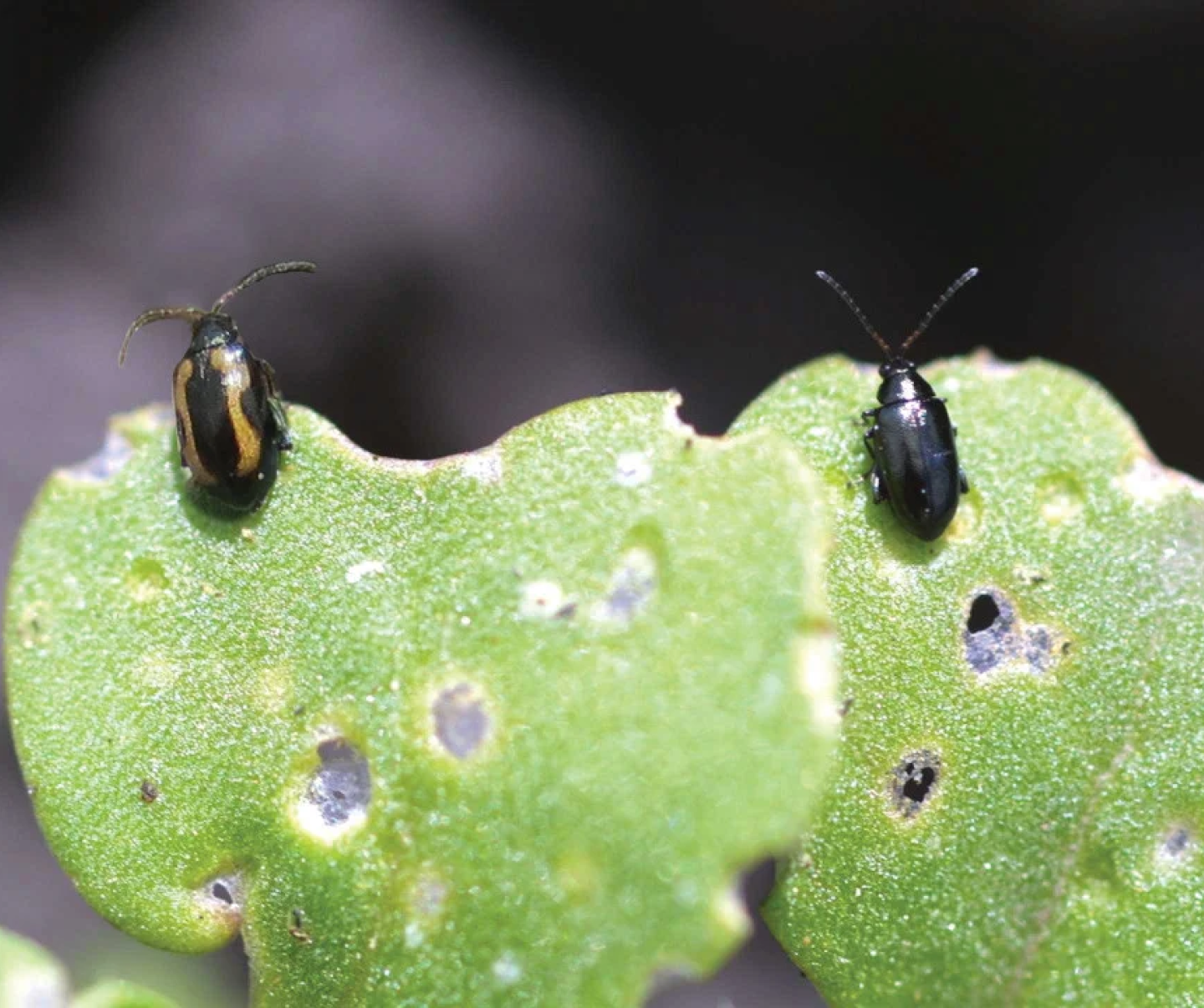

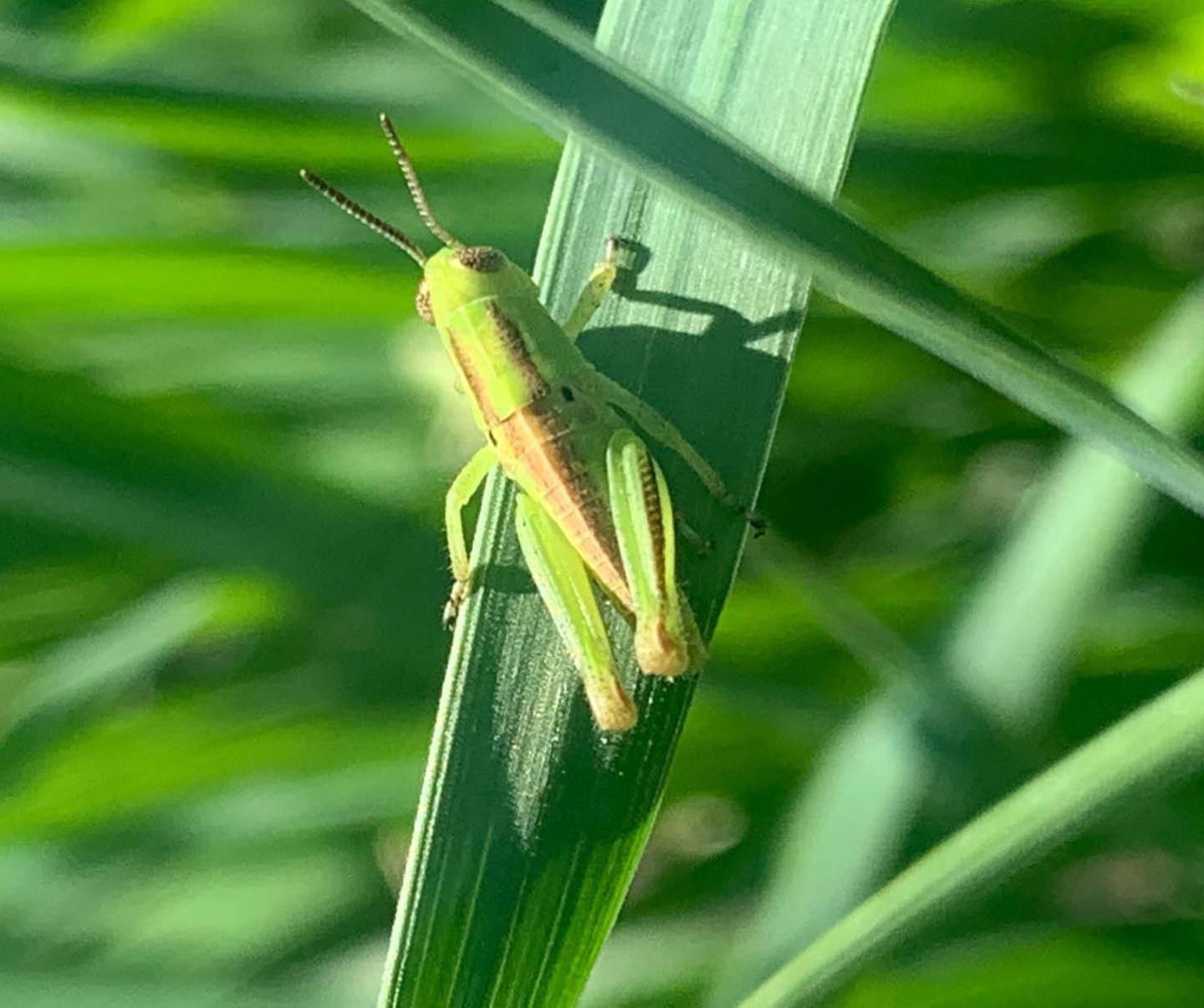
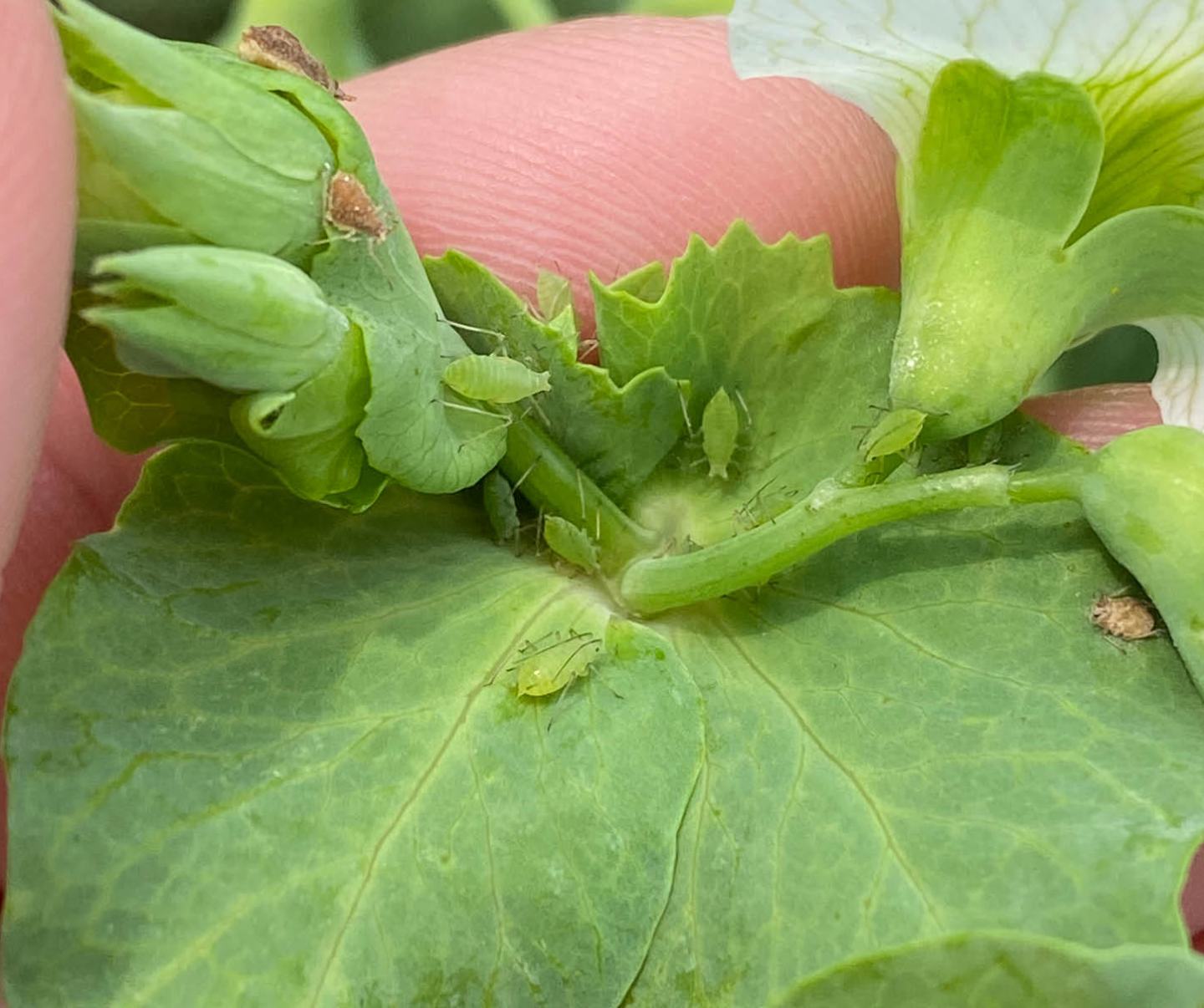
The first thing you can do to encourage a beneficial insect population is to stop spraying a preventive cover spray simply based on the date on the calendar. Spraying an insecticide when there isn't sufficient pressure and economic reason to do so is a harmful practice, both for environmental and resistance management reasons.
You can also get good at scouting and monitor entomologist’s news feeds, such as Prairie Pest Monitoring Network. Factor the presence of beneficial insects and parasites into your spray decision. Sometimes insect pressure will be teetering on the edge of it reaching the economic threshold to spray but the presence of a healthy predator insect population feeding on the target pest is enough to protect your crop.
If you reach economic threshold and have to spray an insecticide, choose a product that that is minimal impact on many important beneficials. For instance, Coragen® MaX insecticide is a reduced-risk product that delivers consistent, long-lasting protection against key insects such as grasshoppers, diamondback moths, cutworms and more. Coragen® MaX insecticide has a unique environmental and toxicological profile, making it a great fit for Integrated Pest Management programs.
Even though Coragen® MaX insecticide has minimal impact on important beneficial insects and pollinators, it's still best practice to avoid making applications when pollinators are actively foraging. Most bees and other pollinators forage during the day. Avoid unnecessary exposure and further reduce risk by making applications at night or in the early morning.
Coragen® MaX insecticide provides targeted control of insect pests, has a wide window of application, and can be sprayed day or night in a wide range of temperatures. You have the flexibility to choose the right time to spray for industry-leading insect pest control while having minimal impact on the beneficial insects you want to protect.
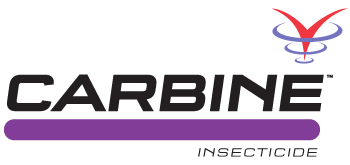 New Carbine® insecticide protects alfalfa, lentils, field peas and other pulse crops (excluding soybeans) against yield-robbing aphids. Carbine® insecticide is a fast-acting, selective aphid control product with a unique Group 29 mode of action. It’s an ideal partner for an Integrated Pest Management (IPM) because of its minimal impact on beneficial insects and pollinators* and favourable toxicology profile. Carbine® insecticide even reduces lygus and tarnished plant bug numbers.
New Carbine® insecticide protects alfalfa, lentils, field peas and other pulse crops (excluding soybeans) against yield-robbing aphids. Carbine® insecticide is a fast-acting, selective aphid control product with a unique Group 29 mode of action. It’s an ideal partner for an Integrated Pest Management (IPM) because of its minimal impact on beneficial insects and pollinators* and favourable toxicology profile. Carbine® insecticide even reduces lygus and tarnished plant bug numbers.
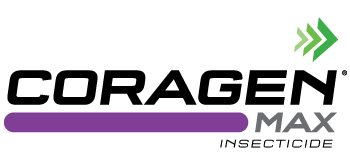 Coragen® MaX insecticide is the 3X more concentrated formulation of original Coragen® insecticide. Just one 2-litre jug of Coragen® MaX insecticide covers an equal number of acres as the previous 6L jug of Coragen® insecticide, yet still provides the same powerful performance growers have come to rely on. It delivers industry-leading extended control* of grasshoppers, diamondback moth, bertha armyworms, cutworms and others. You can spray day or night and it has minimal impact on many important beneficial insects and pollinators**.
Coragen® MaX insecticide is the 3X more concentrated formulation of original Coragen® insecticide. Just one 2-litre jug of Coragen® MaX insecticide covers an equal number of acres as the previous 6L jug of Coragen® insecticide, yet still provides the same powerful performance growers have come to rely on. It delivers industry-leading extended control* of grasshoppers, diamondback moth, bertha armyworms, cutworms and others. You can spray day or night and it has minimal impact on many important beneficial insects and pollinators**.
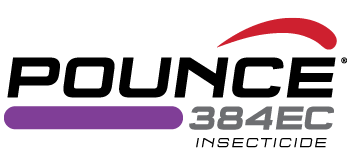 Pounce® 384EC insecticide is a top-performing solution for control of both striped AND crucifer flea beetles, as well as cutworms, in canola. It is a synthetic pyrethroid that's stable in sunlight, which results in longer extended control versus other pyrethroids. Pounce® 384EC insecticide is an effective foliar solution to support canola seed treatment packages and is registered for both ground and aerial application.
Pounce® 384EC insecticide is a top-performing solution for control of both striped AND crucifer flea beetles, as well as cutworms, in canola. It is a synthetic pyrethroid that's stable in sunlight, which results in longer extended control versus other pyrethroids. Pounce® 384EC insecticide is an effective foliar solution to support canola seed treatment packages and is registered for both ground and aerial application.
*Depending on rate and when weather and temperature are optimal.
**When applied at label rates. In line with Integrated Pest Management and Good Agricultural Practices, insecticide applications should be made when pollinators are not foraging to avoid unnecessary exposure.
Get reliable, consistent, long-lasting protection against key insect pests with Coragen® MaX insecticide.
* When applied at label rates. In line with Integrated Pest Management and Good Agricultural Practices, insecticide applications should be made when pollinators are not foraging to avoid unnecessary exposure.
* Carbine is a trademark of Ishihara Sangyo Kaisha, Ltd.